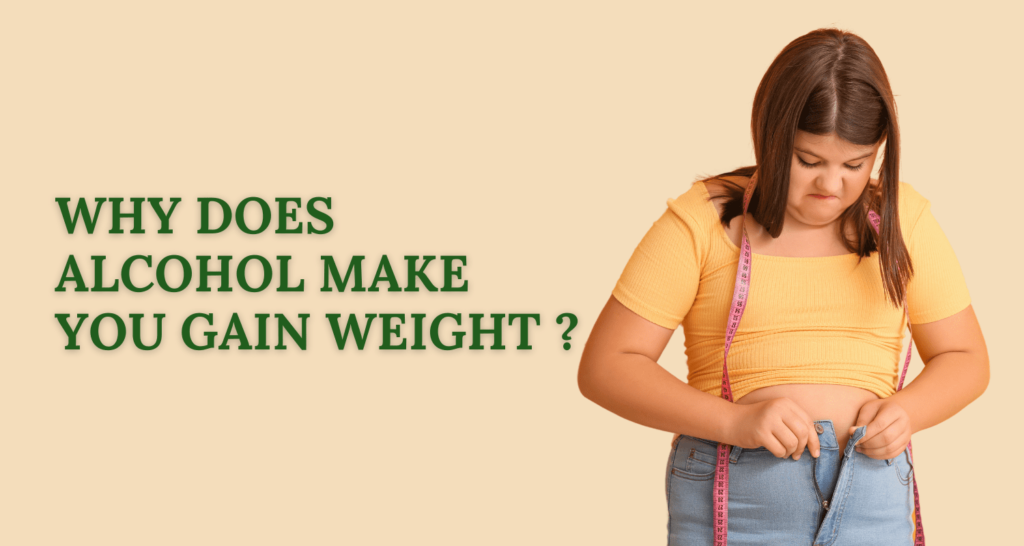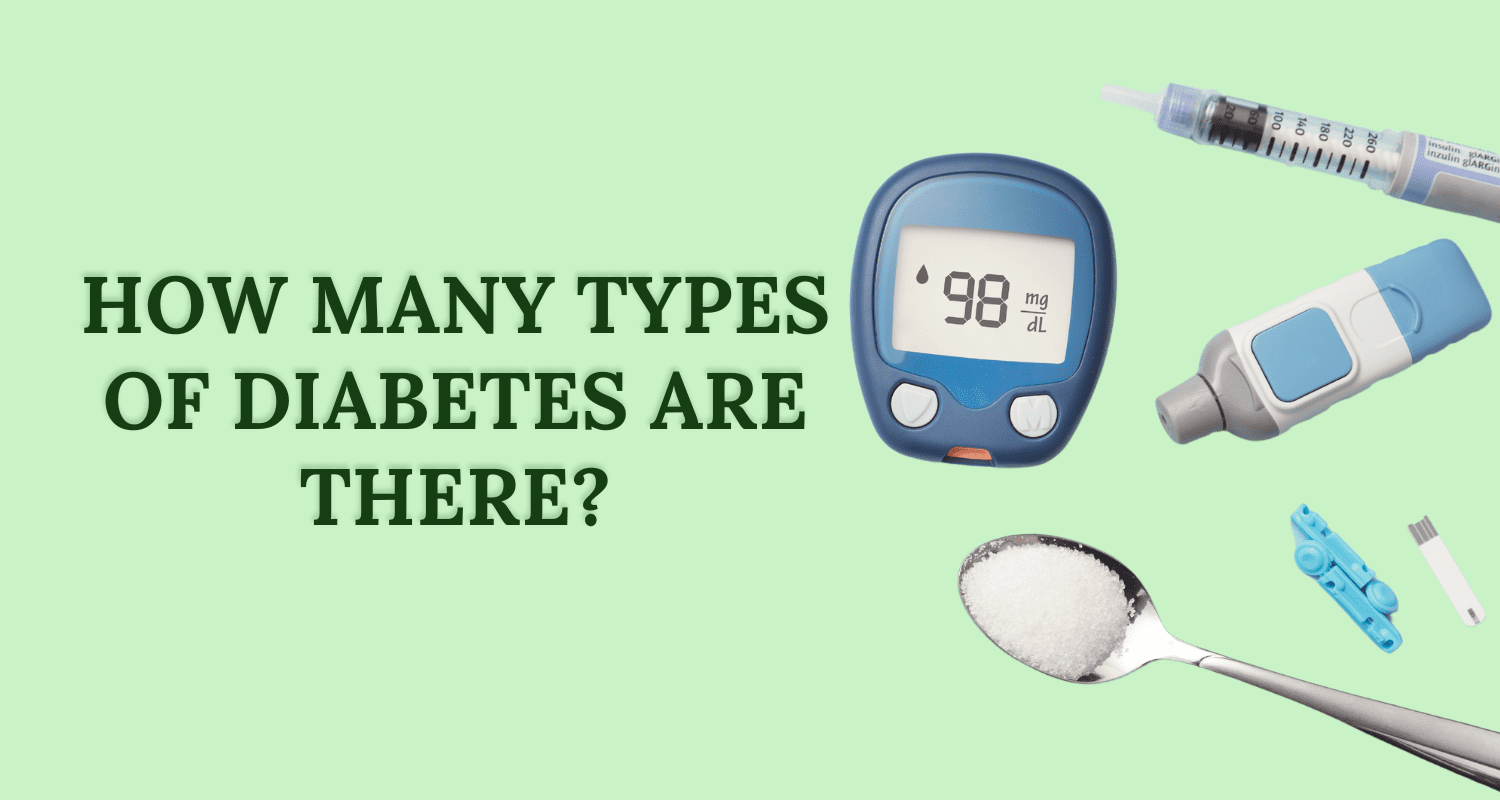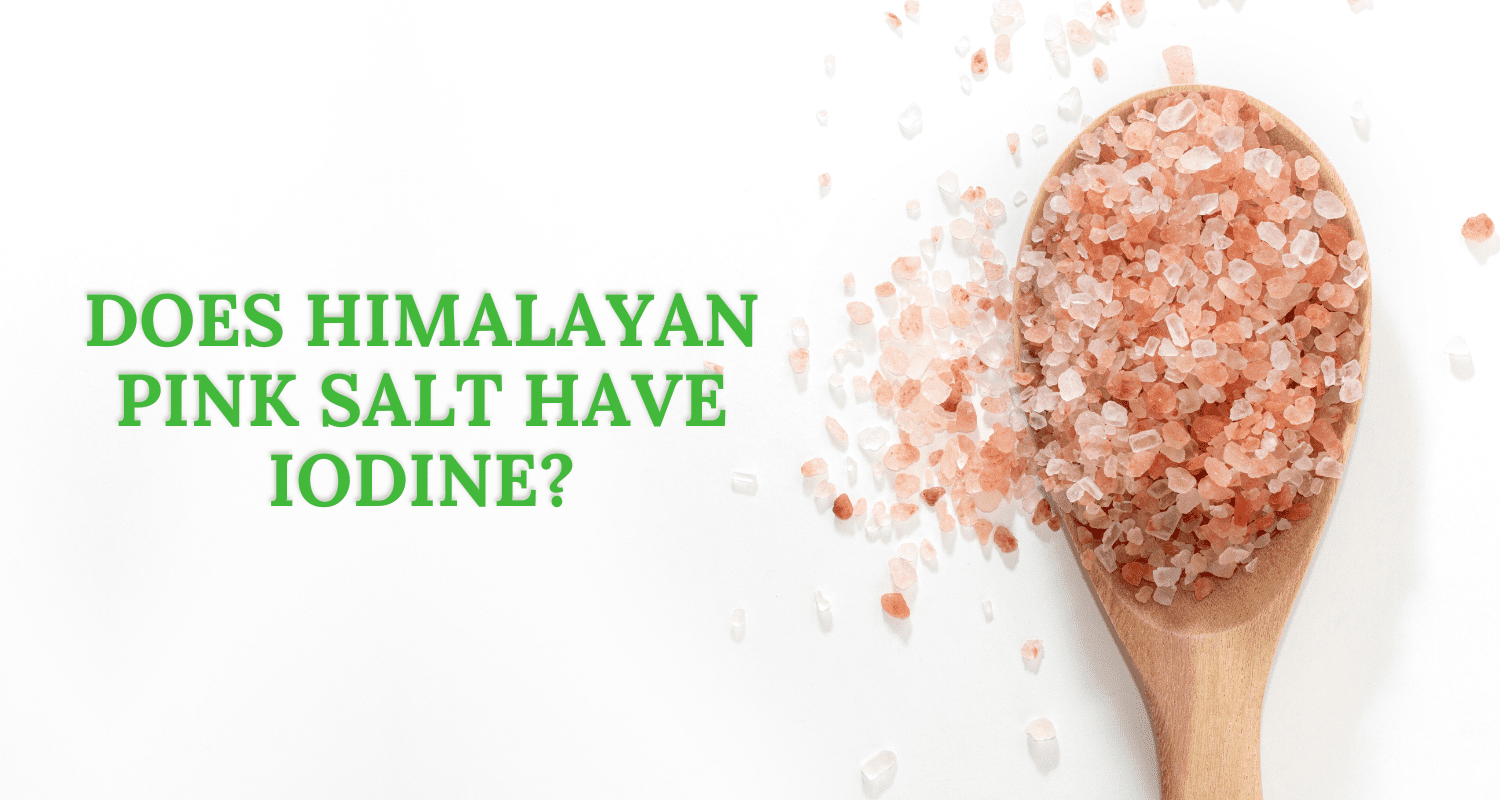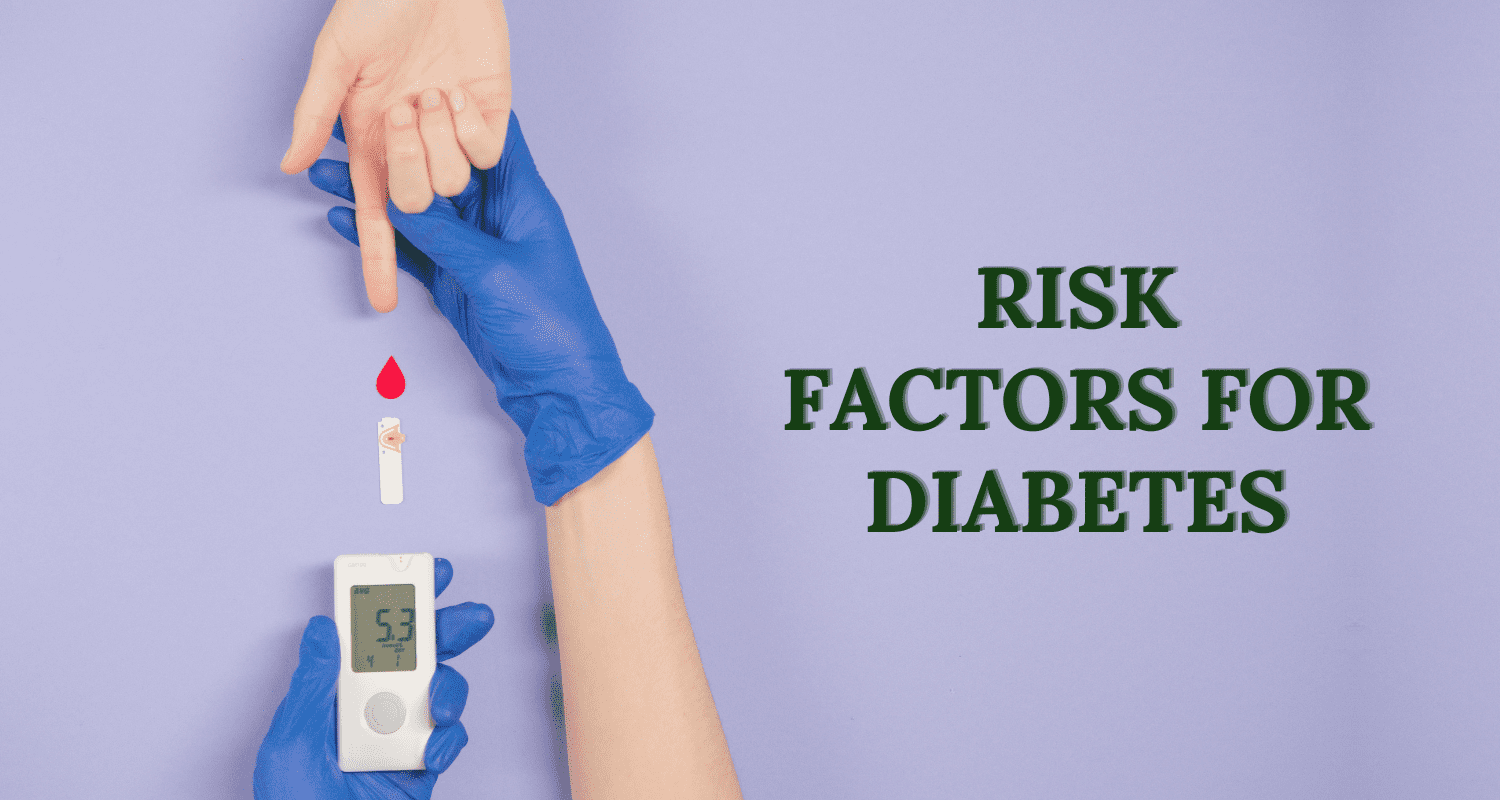Over time, drinking too much alcohol can make you gain weight. This happens because alcohol triggers hormones related to appetite, hunger, and stress. These can lead to putting on extra pounds.
But, why does alcohol make you gain weight?
Alcohol is packed with calories but doesn’t offer healthy nutrients. So, if you drink a lot, it’s easy to take in more calories than you need. This leads to weight gain. Nevertheless, drinking alcohol in moderation doesn’t directly cause this.
Let’s delve into in-depth detail about why does alcohol make you gain weight.
Key Takeaways:
- Excessive alcohol consumption over time can lead to weight gain
- Why does alcohol make you gain weight? Heavy drinking can activate hormones that signal appetite, hunger, and stress, potentially leading to weight gain
- Alcohol is high in calories but lacks beneficial nutrients for good health
- Light-to-moderate alcohol consumption is not associated with weight gain
- Moderation and mindful choices are key to managing weight while consuming alcohol
The Relationship Between Alcohol and Belly Fat
The idea of a “beer belly” might make you think that alcohol alone causes belly fat. But, the truth is more complicated. Only a small part of alcohol’s calories turn into belly fat. The real problem is that your liver focuses on breaking down alcohol first.
Because of this, your body almost stops burning any fat while dealing with alcohol. This can lead to more fat in the belly area. But you should know, how alcohol affects your fat storage is mixed because of many different things.
Few key points shape how your body responds to alcohol. These include how much you eat, what you eat, how active you are, your genetics, and your hormones. Some people might store fat more easily in their belly because of these factors. Others might not see big changes in their body shape even if they drink.
Moderation is critical if you want to prevent alcohol from adding fat to your belly. But, keeping active and eating well matters too. A balanced life that includes exercise and a good diet can reduce alcohol’s effects on your weight.
Plus, remember, drinking too much can harm your health in many ways. So, it’s vital to always drink responsibly and not too much.
Alcohol and Hormones
Alcohol affects the hormones in your body. These hormones control appetite, stress, and energy. When you drink, your glands may not work well, messing up how your body handles stress and calories.
Drinking a lot can raise cortisol, the stress hormone. This might make you gain weight around your stomach. So, too much alcohol can add extra fat in that area.
Some studies say drinking can make your brain feel really hungry. This might cause you to eat too much, leading to weight gain.
- Alcohol and metabolism: Drinking can mess with how your body burns energy and processes food. This happens because alcohol changes how your hormones work.
- Alcohol and weight management: Alcohol throws off the natural balance of your hormones. This can make it harder to control your appetite and handle your energy. So, managing your weight might be tough.
- How does alcohol affect weight: Alcohol can make you more eager to eat and upset how your body burns food. Together, this leads to stress and weight gain. It’s a tough cycle to break.
To wrap up, alcohol can throw off many hormone functions. This might lead to weight gain and make losing weight hard. Alcohol messes with your body’s system for controlling food, hunger, and stress. As a result, handling your weight might become a bigger challenge.
Calories in Alcohol
Thinking about calories when managing your weight is key. Alcohol has a lot of empty calories, offering little to no nutrients. It has about seven calories per gram. This is more than the four calories per gram found in carbs and protein.
Cocktails and mixed drinks can pack on the calories. This is because of added things like liqueur, juice, and syrup. For instance, a piña colada might have as much as 500 calories. These extra calories can contribute to weight gain.
It’s important to know the calories in your favorite drinks when trying to control your weight. Choosing beverages with fewer calories, like light beers or spirits with soda, can help. Also, it’s good to eat a well-rounded meal before drinking. This way, you’ll feel full and won’t want to consume as many drink calories.
Knowing about alcohol calories and making smart choices can let you enjoy drinks without losing track of your weight goals. Keep in mind the importance of moderation and pairing your drinks with a healthy diet. This will help you lead a balanced life.
Alcohol and Sleep
Drinking alcohol can mess with our sleep in different ways. At first, it might make you feel sleepy and calm. But too much alcohol can mean a bad night’s sleep.
Poor Sleep Duration and Quality: Drinking a lot can mess up how you sleep. You might not sleep long enough or your sleep might not be restful. This makes you tired during the day, feel worn out, and have trouble thinking.
Insomnia and Alcohol Use Disorder (AUD): A condition where you can’t stop drinking can lead to not sleeping well. This makes it hard to fall asleep or to stay asleep. Many people with this problem also have trouble sleeping.
Not sleeping well can even make you gain weight. This makes the effects of drinking even worse for your body.
Sleep Deprivation and Weight Gain: Not getting enough sleep can change how hungry and what you eat. People who are sleep-deprived often eat more and have a hard time saying no to unhealthy foods. This can make them gain weight over time.
But the link between drinking, sleep, and weight is tricky. We’re still learning about how this all works, why does alcohol make you gain weight, and why it hits everyone differently.
Conclusion
Why does alcohol make you gain weight? Alcohol can make you gain weight because it’s high in calories. It also messes with your body’s hormones. Too much alcohol can cause you to gain weight over time. But, moderate drinking doesn’t seem to make you gain weight.
If you want to drink and stay fit, you should drink in moderation. Pick drinks that are lower in calories. And be careful of how much you drink. It’s a good idea to eat before drinking. This helps you not drink too much.
Also, eating healthy and working out regularly helps. It balances out the extra calories from drinking. So, stay active and watch what you eat. This way, you can enjoy a drink now and then. And you don’t have to worry about your weight.
FAQs
Why does alcohol make you gain weight?
Alcohol is high in empty calories and can increase appetite, leading to overeating.
Why does alcohol make you put on weight?
Alcohol slows metabolism and promotes fat storage, particularly in the abdominal area.
Why does alcohol make your belly fat?
Alcohol can cause fat to accumulate in the abdominal area due to its effect on hormones and metabolism.
How can I stop gaining weight from drinking alcohol?
Limit alcohol intake, choose lower-calorie drinks, and avoid high-calorie snacks while drinking.
Will I lose belly fat if I stop drinking alcohol?
Yes, reducing alcohol consumption can help decrease calorie intake and promote fat loss, especially around the abdomen.
Does alcohol make you horny?
Alcohol can lower inhibitions and increase libido, but excessive drinking can impair sexual performance.
Which alcohol is good for a flat tummy?
Opt for lower-calorie options like light beer, dry wine, or spirits mixed with calorie-free mixers to minimize weight gain.
Disclaimer: This content, including advice, provides generic information only. It is not a substitute for a qualified medical opinion. Always consult a specialist or your doctor for more information. Nutrition Cult does not claim responsibility for this information.




